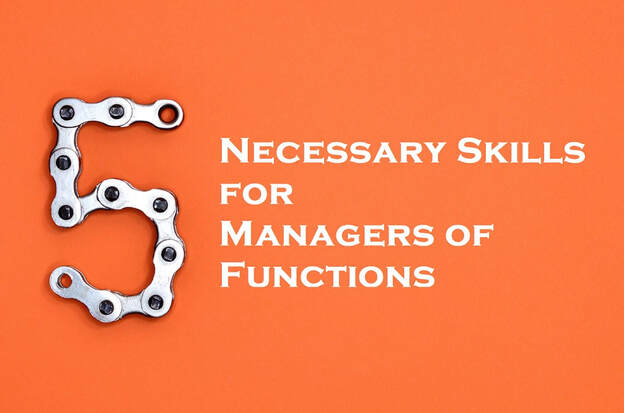We help professionals achieve their career goals
OUR STORIES
Over 150 career-related articles and counting... Scroll down to read
OUR STORIES
Over 150 career-related articles and counting... Scroll down to read
|
NEED MORE CAREER SUPPORT?
Our professional mentors & coaches are here to help
Join our in-a-group facilitated sessions & explore your career questions with us |






 RSS Feed
RSS Feed
